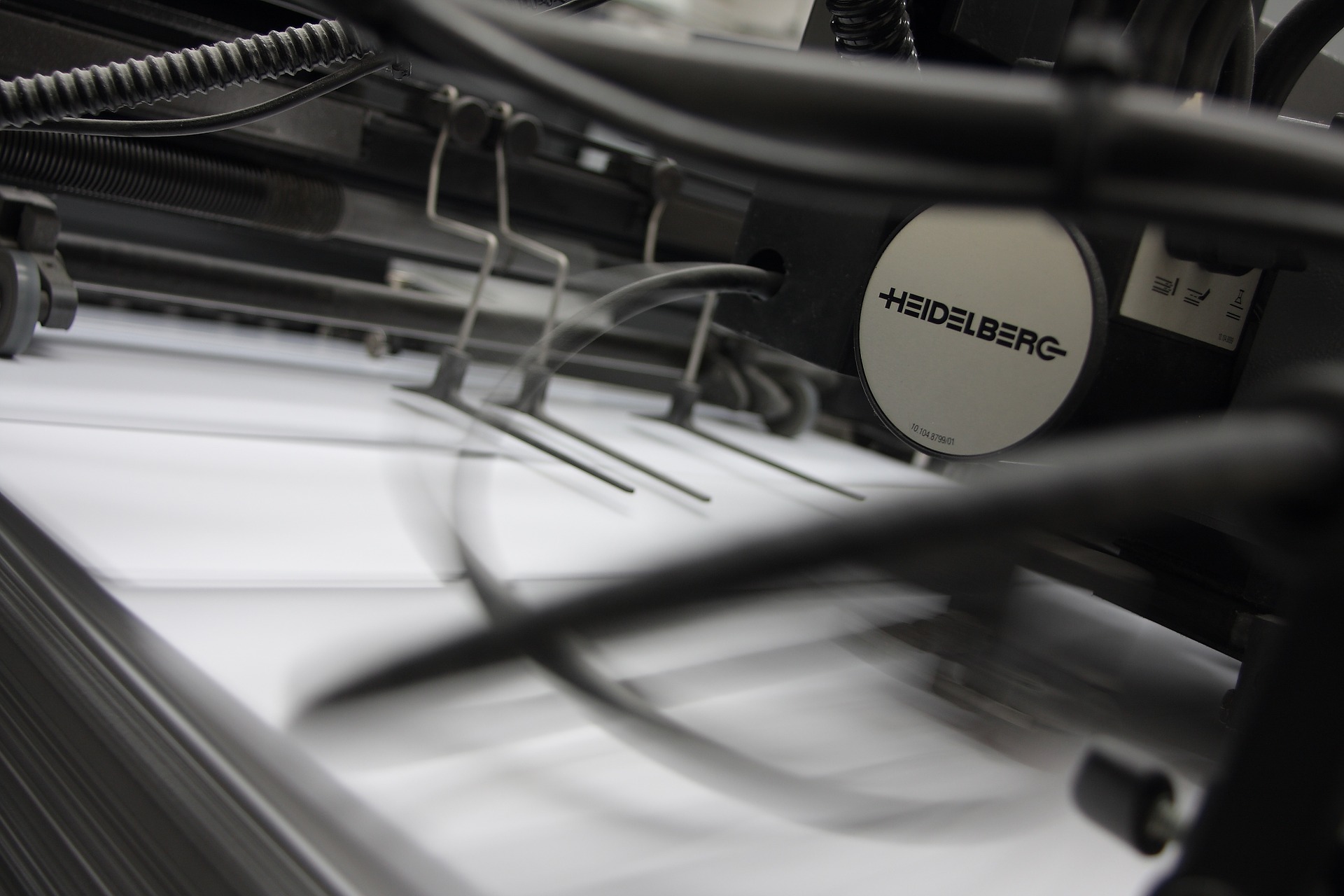 For a country that is way ahead of many in terms of resources and development, America’s saving culture leaves a lot to be desired. A survey by Go Banking in 2016 revealed that 69% of Americans have less than $1000 in savings. The survey further suggests that the percentage of Americans with nothing in their savings accounts grew from 29 percent to 34 percent.
For a country that is way ahead of many in terms of resources and development, America’s saving culture leaves a lot to be desired. A survey by Go Banking in 2016 revealed that 69% of Americans have less than $1000 in savings. The survey further suggests that the percentage of Americans with nothing in their savings accounts grew from 29 percent to 34 percent.
Despite these statistics, there are reports showing that recently Millennials (18 to 34-year olds) have started saving and are more careful with their money. Business Insider indicates that they will retire richer than their parents.
Even though their savings are small, they are in better financial shape than the generation before them. Their attitude may be attributed to what they witnessed with their parents during the financial crisis.
Americans generally have experienced financial challenges making it difficult to save and the following are the main reasons why:
Student Loan Debt
Over 44 million Americans owe a total of $1.5 trillion in student loan debt. At graduation, the average student owes $ 37,000 which they will pay over a period of 5 to 15 years. Many people find themselves at a crossroads on whether to first focus on paying off their loan and then start saving for retirement or doing both at the same time.
The cost of tuition keeps increasing, escalating this crisis. Many Millennials are in a position where they are putting off important life goals like buying a home, getting married and having children.
Credit Card Debt
Credit in America dates back to the 1920s. Store owners used a ledger to record credit of farmers for their supplies. The farmers paid after a month. As America became more urbanized, more credit was extended to the middle-income customers.
It became necessary to track customer accounts more efficiently. After a few trials, the first universal credit card was introduced by The Diners’ Club in 1950. It paved the way for American Express and Americard (later known as VISA) in the late 1950s.
Today, the majority of Americans are dependent on credit cards. They are secure and convenient payment option. Unfortunately, the availability of credit leads to misuse and debt. According to a report by the Federal Reserve, the total credit card debt in America reached a record breaking $ 1 trillion in 2017.
Credit Donkey indicates that more than 38% of Americans have $ 5331 in credit card debt. A lot of this debt is incurred to cover day to day expenses to make ends meet. Especially for families whose income is low and stagnant.
This debt is also caused by the need for instant gratification. The use of plastic over cash makes impulsive buying quick and easy. Online stores provide an array of products from gadgets to clothing. Shopping has never been easier with the click of a button at a moment’s notice and delivery at your doorstep.
With these consumer habits, it is no surprise that there are no savings. Meanwhile the interest on credit card debt is expected to rise.
High Cost of Living
The cost of living in America is high. This is related to another reason for not saving which is low pay. The cost of basic living requirements like food, rent and utilities keeps going up and the income basically stays the same. This makes it a struggle to save any money.
The average household income is insufficient to cover all living expenses and put money aside. Despite the economic recovery from the depression, income has remained stagnant in most households.
Healthcare costs are rising and this has a significant impact on the average American’s budget and savings.
Lack of Financial Education
American children are not taught financial literacy at a young age. Unfortunately, Americans do not benefit from financial literacy month which started in 2004. The United States government dedicates a month each year to teach Americans about financial management, but there are no significant changes in their attitude to finances.
According to Principal Finance Group survey, less than 30% of Americans are confident with their financial knowledge. Findings show that 60% claim that their level of income is the reason they delay making important financial decisions.
The survey indicates that it has nothing to do with their income. They are not confident enough to make decisions like opening investment accounts and retirement plans because they lack sufficient knowledge.
How Can Americans Start Saving Money?
 1. Making More money
1. Making More money
Start by looking around your community both physical and online. Find out if there are any jobs you can do or training programs to improve your skills. You will be surprised to find that it’s possible earn extra money in your free time with a side gig. Use this money to pay off your debts and then start saving.
2. Sticking to a Financial Plan
Make a monthly budget and stick to it. Some Americans can’t save because they don’t have a budget. It will help with tracking your cash flow and eliminating unnecessary expenses. You can then automate your account to transfer the savings to a retirement account or savings account.
3. Using the Envelope System for Grocery shopping
Personal Finance expert Dave Ramsey teaches the envelope system to save money. You use cash for each item on your budget and put it in separate envelopes. It works well with items which take up a chunk of your budget like groceries, clothes and gas.
Let’s assume that your monthly budget for groceries is $ 300. When you get paid, take the $300 and put it in an envelope labeled ‘groceries’. When you go to buy groceries, take out some money from the envelope (only for groceries). If you realize that the money is not enough, take some items out of the cart.
If your money for groceries is used up in the middle of the month, that’s it until next month! Do not use money from another envelope. If there’s money left in the envelope at the end of the month, good for you. You stayed within your budget.
4. Contributing to your 401 (k)
Find out if your employer offers a 401 (k) and start making monthly automated contributions. Start with 15% of your gross pay and gradually increase the amount.
Start Saving Today
Millennials are blazing a trail for generations after them to start saving money and being more careful with spending. It’s never too late to start and no amount is too little to save. The key is to start now without excuses.
Saving money is a habit that you can learn. Get into the money-saving mindset by focusing on your goals. Think about how you want to live in retirement. Secure your financial future now and retire with dignity.









